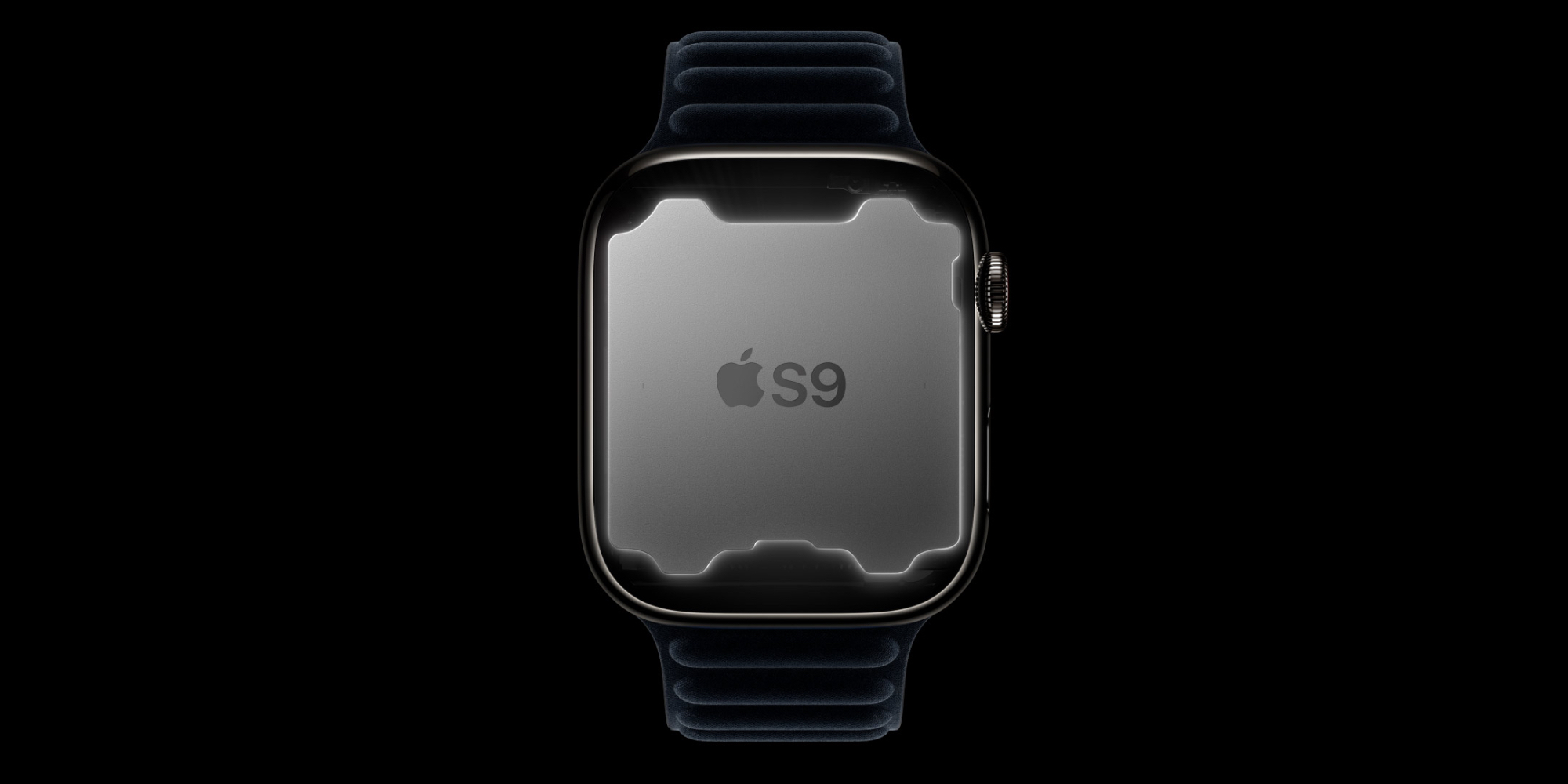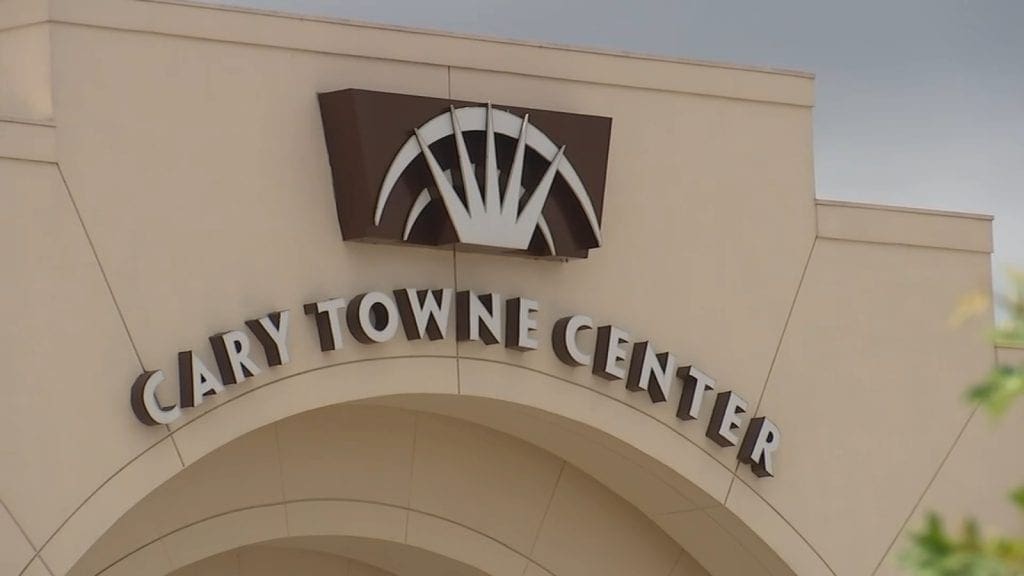Apple has significantly increased its chip production in Arizona, but according to TSMC’s CEO, the expectation for advanced chips to be manufactured in the US is unrealistic in the near future. Here’s the explanation behind it.
Compliance Issues Keep Advanced Chips from the US, Says TSMC CEO
Apple’s chip supplier TSMC is in the process of constructing its third chip manufacturing facility in Arizona, supported by substantial funding through the US CHIPS Act.
However, the CEO of TSMC warns that we should not anticipate the production of state-of-the-art technology in the US anytime soon.
Wen-Yen Lee reports for Reuters:
According to TSMC’s CEO, the new plant in the U.S. is unlikely to receive the most advanced chip technology ahead of facilities in Taiwan, primarily due to intricate compliance issues, local construction laws, and various permitting challenges.
C.C. Wei, CEO and Chairman of Taiwan Semiconductor Manufacturing Co, stated that establishing the new plant in Arizona is taking at least double the time compared to construction timelines in Taiwan, highlighting the specific obstacles the U.S. faces as it aims to revive its domestic chip manufacturing capabilities.
“Each phase requires a permit, and once approved, it takes at least twice as long as in Taiwan,” Wei remarked during a National Taiwan University event on Thursday. He noted that because of this, utilizing the latest technology in the U.S. before Taiwan would be difficult.
TSMC consistently enhances its manufacturing techniques, and according to Wei, the current regulatory environment in the U.S. does not allow these modifications to occur swiftly enough.
As a result, despite TSMC’s $65 billion investment in constructing its three factories in Arizona, it seems these new facilities will primarily be devoted to older technologies.
Supporting Evidence from Apple’s Current US Chip Production

This scenario is already evident in Apple’s domestic manufacturing operations.
The Arizona facility of TSMC currently produces the A16 Bionic chip, released in 2022 with the iPhone 14 Pro, and is also utilized in the base models of iPhone 15 and 15 Plus.
They have also recently started producing the S9 SiP featured in the Apple Watch Series 9 launched in 2023.
While neither chip is particularly outdated, they do not represent the very latest innovations from Apple’s silicon range. Wei’s remarks shed light on this reality.
Given the rapid expansion of AI and the increasing significance of chip manufacturing for AI advancements, it’s possible that we may witness a shift that increases U.S. investments in this area.
What’s your take on TSMC’s CEO’s statements? Do you find them surprising or predictable? Share your thoughts in the comments.
Top iPhone Accessories
: . More.



